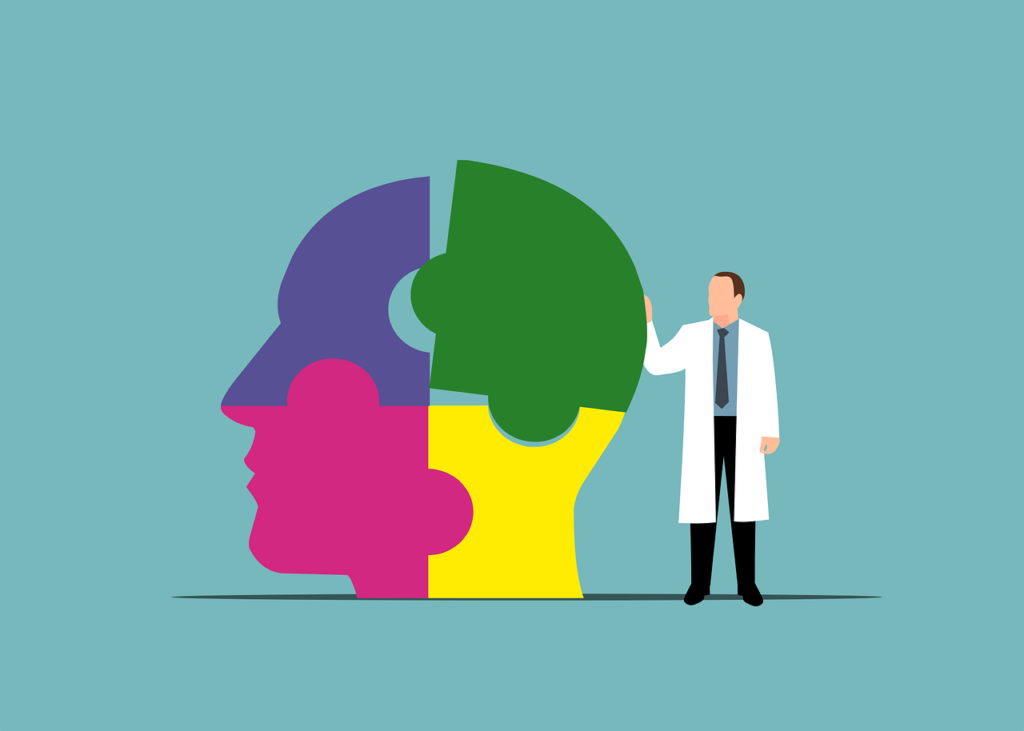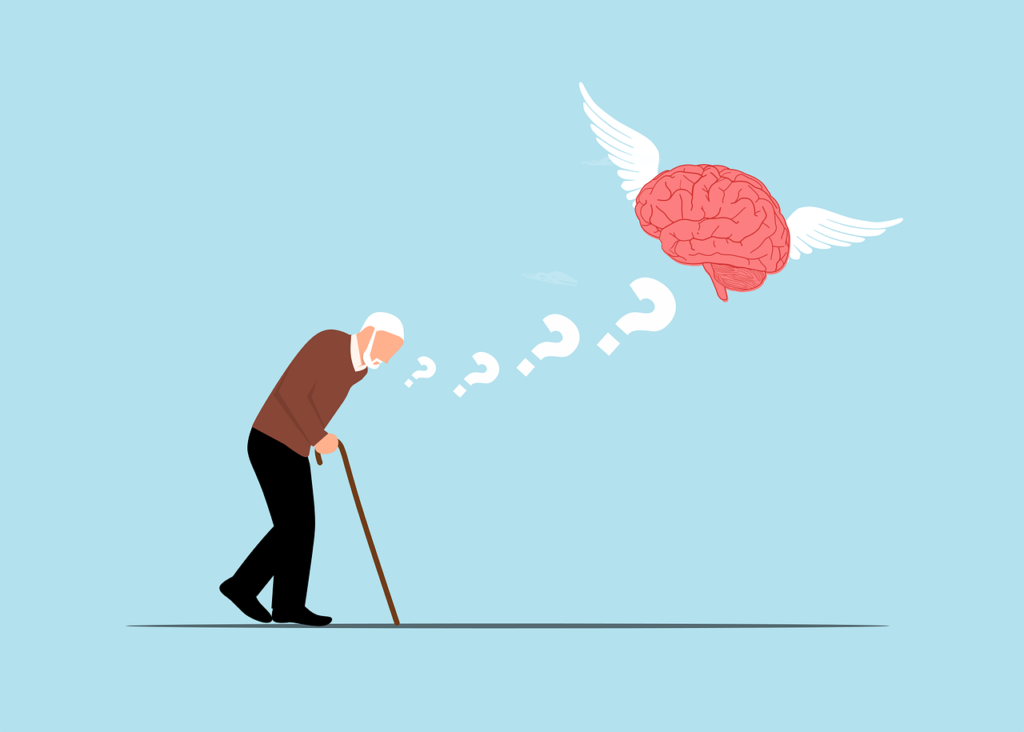
Explaining Alzheimer’s Disease
Alzheimer’s disease is a degenerative neurological ailment that mostly affects memory, thinking, and behavior. It is the most typical cause of dementia, a disorder marked by a sharp decline in cognitive function that makes day-to-day functioning difficult. Amyloid plaques and tau tangles, two aberrant protein deposits in the brain that cause Alzheimer’s disease, kill brain cells and gradually impair brain function.
The Manifestation of Alzheimer’s
Usually, minor memory loss is the first symptom of Alzheimer’s disease and gets worse over time. Although the precise etiology is unknown, a mix of lifestyle, environmental, and genetic variables contribute to its development. The largest risk factor is age; most instances occur in those over 65, while Alzheimer’s with an early beginning can occur in younger people.
Alzheimer’s symptoms
Alzheimer’s disease can be classified into three phases: early, middle, and late stages based on how slowly the disease typically progresses over time.
1. Initial Symptoms: – Diminished memory, particularly regarding recent occurrences
– Trouble remembering words or names -Difficulty finishing things that you are familiar with
– Losing things – Not knowing where to go or when to go – Having trouble organizing or addressing problems.

2. Mid-stage Indications:
– A rise in confusion and memory loss
- Cognitive Decline : People become less able to reason, recall, and think.
– Emotional Strain : Mood fluctuations, bewilderment, worry, and frustration are experienced by the patients.
– Impact on Families : Providing care can place a financial, emotional, and physical strain on family members and caregivers.
Physical Health Risks : Patients may become immobile in the latter phases, which increases the risk of infections, falls, and other medical issues.
– Loss of Independence : Patients progressively lose the ability to carry out even the most basic of everyday activities, such as eating or taking a shower.
Actions to Reduce the Risk of Alzheimer’s
Although Alzheimer’s cannot be completely avoided, there are certain lifestyle modifications that may lower the risk:
1. Healthy Diet : A diet high in whole grains, fruits, vegetables, lean protein, and other nutrients (such as the Mediterranean diet) may help to maintain brain function.
2. Daily Exercise : Movement enhances blood flow to the brain and is linked to a decreased incidence of dementia.
3. Mental Stimulation : Reading, solving puzzles, picking up new abilities, and social interaction are all beneficial for preserving cognitive function.
4. Adequate Sleep : Keeping a regular sleep schedule is crucial because Alzheimer’s disease has been linked to inadequate sleep.
5. Manage Chronic Conditions : Keeping diabetes, cholesterol, and high blood pressure under control helps lower the risk of dementia.
6. Social Engagement : Maintaining social ties and activity can help to maintain brain function.
7. Avoid Excessive Alcohol and Smoking: These behaviors raise the possibility of cognitive decline.

Alzheimer’s Disease Treatment
Although there is presently no cure for Alzheimer’s, treatments try to improve quality of life and decrease the disease’s progression of symptoms.
1. Medications :
Cholinesterase inhibitors : Aid in controlling memory and cognition. Examples include donepezil and rivastigmine.
Alzheimer’s disease, mild to moderate.
– Memantine : Used to help control glutamate activity in the brain in stages ranging from mild to severe.
– Antidepressants and Antianxiety Drugs : Assist in the management of mood swings, anxiety, and depression related to Alzheimer’s.
2. Non-pharmacological Interventions : – Cognitive Behavioral Therapy (CBT) : May assist in the treatment of behavioral abnormalities, depression, or anxiety.
– Occupational Therapy : Promotes safety and independence by helping individuals retrain tasks and modify their surroundings.
Lifestyle Modifications : Promote caregiver support, a safe home environment, and a regimented daily schedule.
3. Trial treatments : Investigations into gene treatments, immunotherapies, and other strategies aimed at addressing the underlying causes of Alzheimer’s disease (such as focusing on the tau and amyloid proteins) are now underway.
Conclusion
Alzheimer’s is a difficult illness that has a profound impact on both the patient and their family. Although there is currently no cure, early diagnosis
and changes in lifestyle can halt its advancement. There’s hope for more efficient options down the road as research continues to yield improved care practices and novel therapies.




